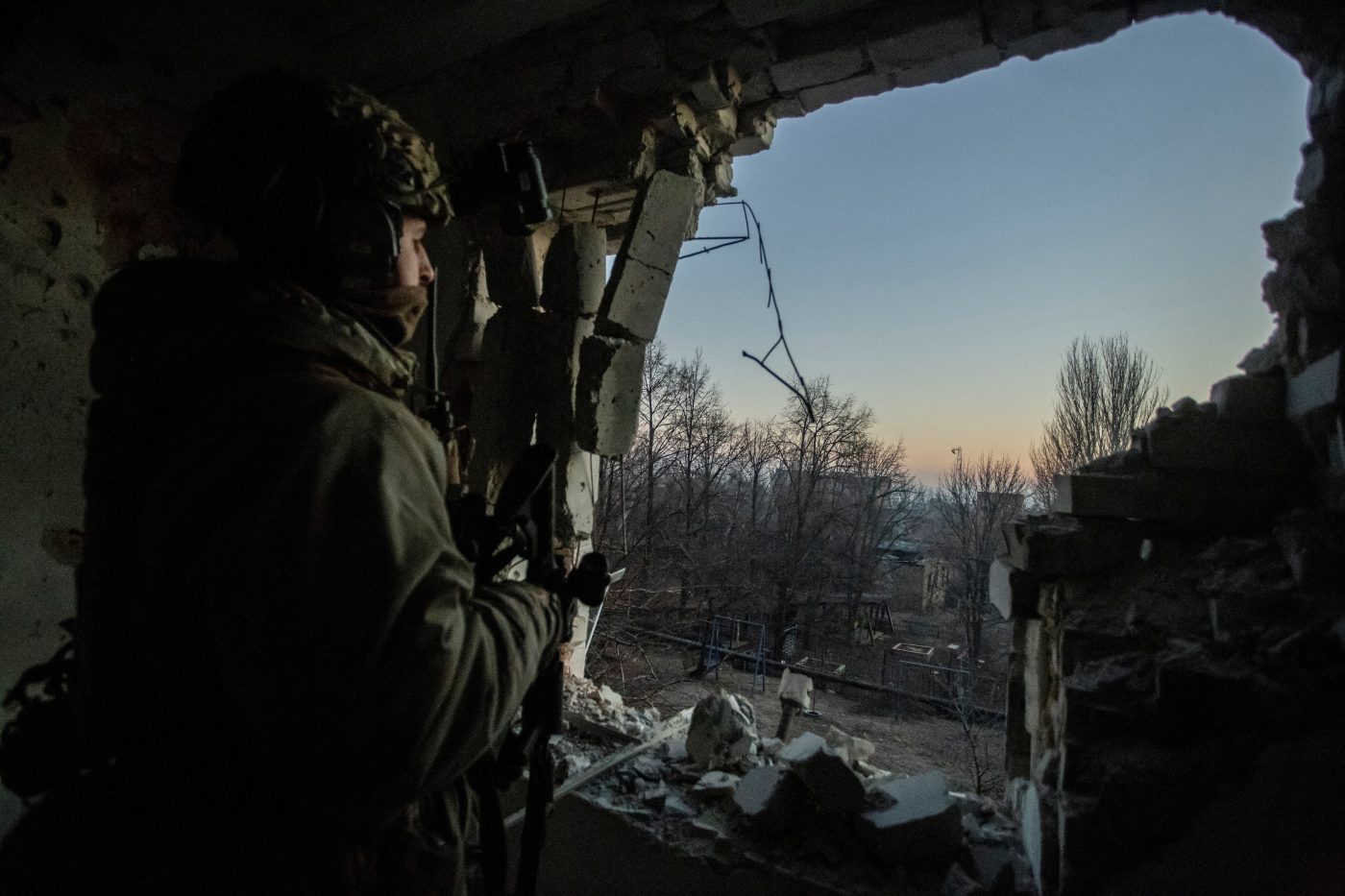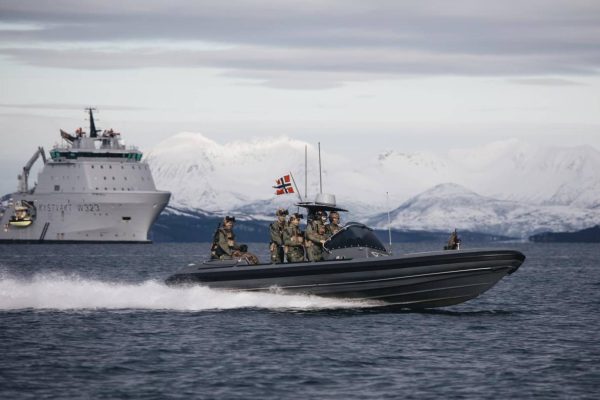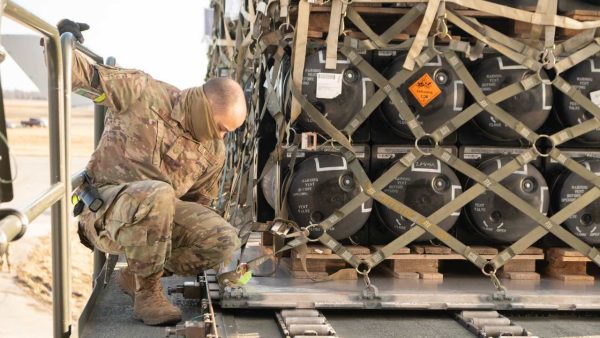It is February 2025. Within hours of taking office, President Donald Trump says that American aid to Ukraine will cease. Three weeks later, Russian drones and missiles are defeating Ukraine’s depleted air defenses. Heating and power systems are collapsing. In sub-zero temperatures, millions flee from uninhabitable cities. On the frontline, a Russian counteroffensive is breaking through. Out of ammunition, luck, time, and options, the Ukrainian leadership grasps at a Chinese-brokered truce.
The guns fall silent, but everything else gets worse. Ukraine is in turmoil. The country is traumatized by war and humiliated by the ceasefire. Was the sacrifice of the past thousand days in vain? NATO membership is postponed indefinitely under the armistice. Insecurity makes the ruined economy uninvestable. Membership in the European Union looks vanishingly unlikely. In Russia, Vladimir Putin is triumphant. His war of aggression, once mocked for its recklessness, is now vindicated. Sanctions remain on paper, but with the West’s political will broken, they are easily evaded. While Ukrainians are plunged into poverty, Russia’s economy booms.
The wind from Washington now blows in a new direction. For the incoming Trump administration, China is what matters. Europe has failed and is not to be taken seriously. NATO remains on paper, but as the new president said in his inauguration speech, “I give you notice: the United States is not going to war to protect some fields in southern Lithuania, nor protect countries that have for decades failed to pay their premiums.” Those 31 words destroy the credibility of the 49 words in Article 5, the collective security clause of the North Atlantic Charter, NATO’s founding document. The alliance’s deterrence for decades rested on the idea that an armed attack on any ally would bring military retribution from the world’s most powerful country. Not anymore.
Far from constraining Russia, the new Trump administration seeks to woo it as an ally against China: an idea outlined by veteran Republican Kremlin-watcher Tom Graham in “Getting Russia Right,” a prescient book published in November 2023. Europe is left on the sidelines, reaping the harvest of its thirty-year strategic time-out. Without American leadership, the countries closest to Russia are in a frenzy of anxiety. They know how quickly the Kremlin’s war machine will be ready for action again. But richer and bigger countries farther to the West see things differently. We must be realistic, they say. The era of geopolitical adventurism is over. Now is the time for a reset with Russia.
Fast forward another few months. By the end of 2025, the Trump administration is floundering. The loss of US credibility in Europe has spread to Asia. “Nobody wants to be the next Ukraine,” a senior Japanese politician tells journalists at an ASEAN summit. “A country that cannot deliver weapons reliably to help win a small conflict in Europe is not likely to go to war for Taiwan, South Korea, or indeed any ally in this region,” he continues.
In vain, the new administration tries to gather European support for a global coalition to counterbalance China’s clout in supply chains, infrastructure projects, and international rule-setting. But few countries are interested. “We have learned that ‘America First’ means ‘Allies Last,’ says a European diplomat, sardonically, “Why take the risk?”
Citing (mythical) Ukrainian provocations, Russia rips up the armistice and seizes more territory. Next, it issues an ultimatum demanding an extra-territorial “security corridor” between its Kaliningrad exclave and Belarus, with a demilitarized zone of 100 km on either side. As the clock ticks, China launches a naval blockade of Taiwan. “Have you called the White House?” asks a desperate ally. “Washington is silent,” comes the bleak reply.
Europe’s Edge is CEPA’s online journal covering critical topics on the foreign policy docket across Europe and North America. All opinions are those of the author and do not necessarily represent the position or views of the institutions they represent or the Center for European Policy Analysis.





